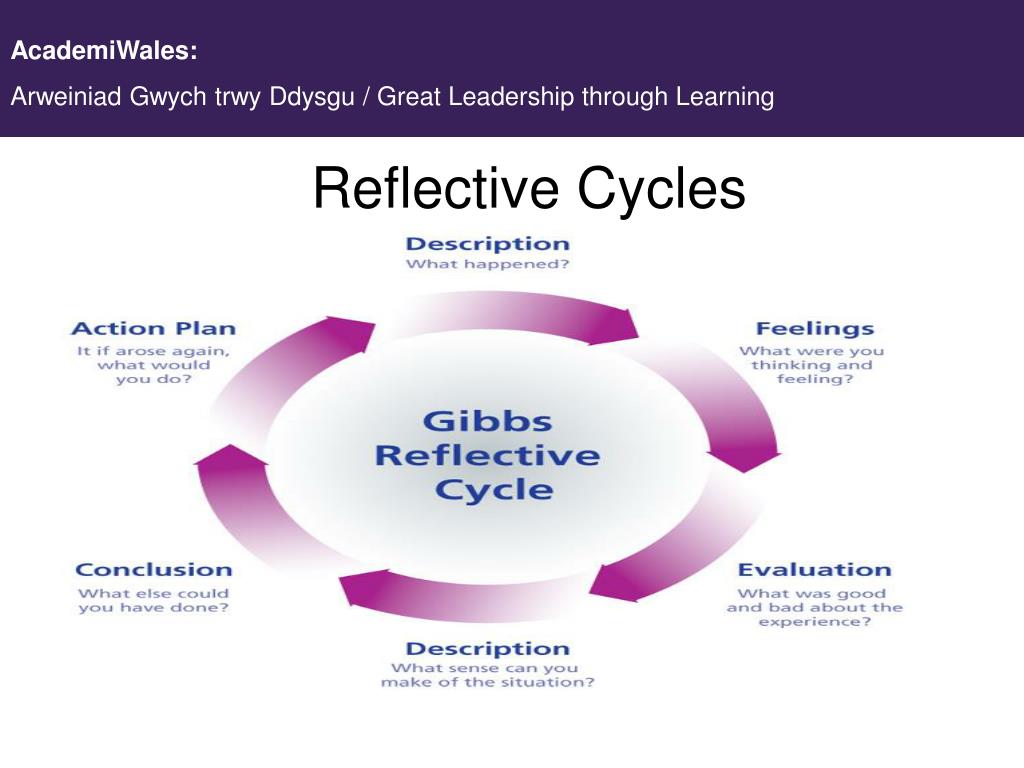Emotional Intelligence and Reflective Practice are Integral

Therapeutic Relationship in Nursing
One possible way to develop emotional intelligence is arguably through reflective practice. This is important for a number of considerations. Below is an except from work that was completed by the author of The Psychological Blog that highlights the relationship between emotional intelligence and reflective practice.

The initial phases of the MPhil consisted of reading literature on emotional intelligence, collecting data, and writing abstracts to present at the BASES Conference. The literature on emotional intelligence was diverse, confusing and complex. To gain a basic understanding some articles were read a few times e. For example, the paper by Zizzi et al. Inevitably, this initial issue presented some different challenges. One pertinent challenge was to understand the conceptualisation of emotional intelligence.
Navigation menu
Another challenge was to link emotional intelligence with the regulation of emotions. This initial phase highlighted that own ability to regulate emotions was poor. There were too many negative thoughts that inhibited progress at certain times. For example, constructive criticism transferred into negative thinking.
Les avantages d'acheter des résumés chez Stuvia:
One mechanism to overcome this state was to reflect on supervisory meetings. These meetings were most effective because it allowed for an analysis of body language. For example, a smile and relaxing atmosphere was more than welcome.

On the other hand, a disapproval or frown led to questioning of own ability. Therefore, there was some attempt at utilising and then regulating own emotions, although its initial success was limited. Through the development of the two principal studies, assessing own emotions became more effective.
Relationship Between Emotional Intelligence And The Theory Of Attrition
For example, the theoretical nature of self-report measures had provided an opportunity to self-reflect and take into account self-perceptions Petrides et al. Therefore, the self-report measure of emotional intelligence was most suitable for this research as assessing perceived abilities and developing self-perceptions was achieved via self-report measures.

The nature of emotional intelligence allows emotions to be monitored and regulated. Therefore, emotional intelligence has been enhanced with the additional use of psychological skills. The utility of emotional intelligence has been enhanced both though the research programme and via full time employment status. For example, in disciplining students an opportunity is provided for them to discuss their own issues.

Based on this opportunity an attempt to guide their own thinking is made. Thus, emotional intelligence has allowed an utilisation of this construct not just in completing the research but also in everyday life situations. In sum, emotional intelligence is in line with own employment and everyday use.]
Emotional Intelligence and Reflective Practice are Integral Video
Counselling Skills: Practice and ReflectionsBe: Emotional Intelligence and Reflective Practice are Integral
| Emotional Intelligence and Reflective Practice are Integral | Example of projectile motion in daily life |
| Editing services online | Legit paper writing services |
| Emotional Intelligence and Reflective Practice are Integral | Jun 24, · Emotional intelligence espouses that participants are able to identify, modify and regulate their emotions. One possible way to develop emotional intelligence is arguably through reflective practice. To this degree, calls for reflective practice to be considered within the field of sports psychology (Anderson, Knowles, & Gilbourne, ; Knowles, Gilbourne, Tomlinson, & Anderson, . Emotional Intelligence and Reflective Practice are Integral Components of Building a Therapeutic Relationship in Nursing. Emotional Intelligence, also known as ‘EI’, is defined as the ability to recognize, authoritize and evaluate emotions. Emotional Intelligence And Reflective Practice In Nursing. Emotional Intelligence and reflective practice are integral components of building a therapeutic relationship in nursing. Emotional intelligence refers to the ability to perceive, control, and evaluate emotion. Reflective practice is exploring of one’s own experience and practices. |

jean piaget and erik erikson
2022-06-15
Brarn
In my opinion you are mistaken. I suggest it to discuss. Write to me in PM, we will talk.
buy custom research papers
2022-06-20
Nanos
I consider, what is it very interesting theme. I suggest you it to discuss here or in PM.
the summer of my 15th birthday
2022-06-20
Malaktilar
I consider, that you are not right. I am assured. I suggest it to discuss. Write to me in PM, we will communicate.
Rainforest Essays
2022-06-21
Zulkijas
In it something is. I thank you for the help how I can thank?

Category
Best Posts
- math in daily life
- Analysis Of Treton Communication Inc
- Effective Strategies Of Neonatal Abstinence Syndrome Nas
- Themes In Eveline, Moons Of Jupiter, A Village After Dark?
- custom thesis writing service
- Augustine of Hippo and Right Thing
- religion and world practice cannibalism
- My Life Basketball And My Philosophy Of
- Dakota Black My Love Of Reading And
- The Importance Of Color On Color
- Anza, Garces, and the Yuma Frontier : During the Era of the American Revolution
- Smoking Case Study
- Theme Of Schizophrenia In Macbeth
- the adoration of jenna fox summaries
- ethical scrapbook






 153
153